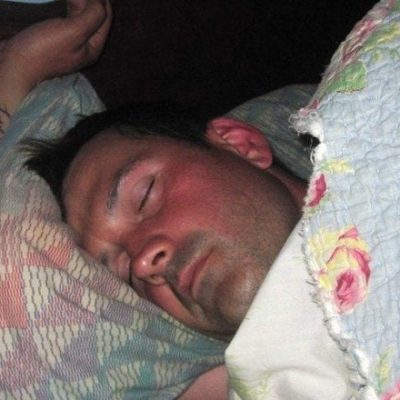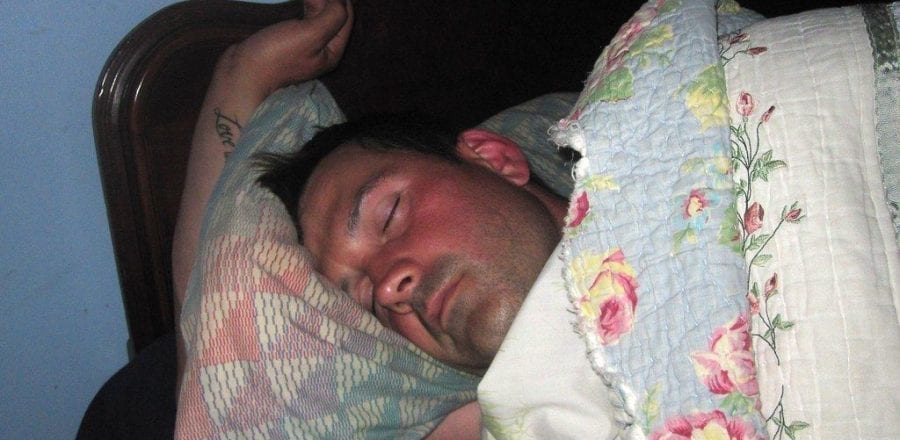My dear ones –
Much of this week’s love letter is to Unitarian Universalists, and much of it is to white people who may be UUs. I hope it is nonetheless useful to everyone, and provides some work toward the liberation of Black, Indigenous, and People of Color, as well as simply making white UUs feel complacent in our “wokeness.”
Ijeoma Oluo, author of So you Want to Talk about Race, goes even further, in a tweet about which she wrote in The Guardian in May of 2019: “If your anti-racism work prioritizes the ‘growth’ and ‘enlightenment’ of white America over the safety, dignity and humanity of people of color – it’s not anti-racism work. It’s white supremacy.”
Oluo, in speaking and writing about that quotation, says that she typed it out of frustration. Frustration at the way that white people have seemed just to want to feel better about ourselves—and I use “ourselves,” advisedly here, meaning just the white people reading this Reflections, for the moment—because they’ve attended a training. Frustration at the way that Black people have felt erased when white feelings and “growth” have been centered in trainings, workshops, and symposiums—sometimes even when the gatherings have been full of people of color. Whiteness has a way of seeping into everything, especially in United States culture.
Those of us who are white need to consider Oluo’s words so carefully. What work have we done and why? When an entirely white contingent of Unitarian Universalists holding “Side of Love” (or the old, “Standing on the Side of Love”) banners, take grinning pictures of themselves at Black Lives Matter demonstrations, why is that happening? What are white UU’s trying to show the world. Is it really our commitment? Is it the good kind of Selfie, reminding ourselves that Black lives MUST matter and they don’t, they clearly don’t, in this police state? Or is it an attempt to show ourselves and our own congregations how woke we are?
And furthermore, how do those pictures prioritize the liberation of people of color? How do we, reading White Fragility, a book by a white woman who learned so much from Black women (which she does not note nearly enough), and which entirely centers white responses to challenges about racism—and, interestingly, the book that I have seen most commonly read in our UU congregations—how does that time with that book turn into the active work of liberation?
Furthermore, most UU congregations are not entirely white. Especially in our children’s RE programs, we have children of color. How are we reaching truly multicultural faith formation? Dr. Mark Hicks, a UU fellow from the Fahs Collective, an organization focused on faith formation, teaches a class on multicultural faith formation. I was blessed to take that course from him.
It confronted me with the reality that—even though I was in a multicultural, multiracial UU congregation—when I looked at the adult RE curriculum, I saw a bunch of whiteness.
That has changed to a degree since 2013, when I left the congregation for my internship. But it still caught me up short.
If we want to adopt CB Beal’s radical, inclusive welcome, then we have to make connections, relationships, and programming for Black, Indigenous, and People of Color in our congregations. Notably, we need not to pounce on BIPOC folks and ask them to be in the diversity committee. Maybe we—lay leaders, religious educators, ministers—might, in our growing relationships, ask what would be most helpful. A caucused religious education offering for adults? Specific books that the congregation will buy that show many kinds of people in them? (to be fair, I am seeing more and more of this kind of choice now.)
Rev. Mariela Perez-Simons, a Cuban-American UU minister, now at Fountain Street Church in Grand Rapids, Michigan, ran a program in her internship at All Souls, Tulsa, called Thrive, that was a caucus group for BIPOC members who wanted to come together and center their own lives and experiences, not just be responding to “white people’s foolishness.” It was so successful that she was asked to offer a version of it for children of color in the congregation.
She created spaces, like the Black Lives of Unitarian Universalism symposium, that were not just about how BIPOC members of our communities are harmed by white micro (and macro!) aggressions—though they are, of course, important to process and name—but also to center the rest of their lives, the rest of their work.
So I’m asking, my BIPOC beloveds here in Reflections, as a person with white skin privilege, what you would like to see here? What makes your heart sing? What lights you up with joy and even hope? And also, where have I made mistakes? Where I have done things that ignored or aggressed your experience?
BIPOC friends, it is part of my mission to, through the use of fierce love, pleasure, delight, and shared honesty, to dismantle myths of oppression, as adrienne maree brown says. She writes about how love, centering love, REAL love that speaks truth, holds accountable, and says no when no is what is called for…. Love that nonetheless holds out the hope of atonement and redemption… she says that when love is at the center of our work, we have more chance of liberation than at any other time. Not all BIPOC thinkers and writers agree, but that it her position.
And furthermore, she has a blog, on which she has written, “Where we are born into privilege, we are charged with dismantling any myth of supremacy. Where we are born into struggle, we are charged with claiming our dignity, joy and liberation.”
It is my intent to dismantle the myth that my white skin deserves supremacy, though it does confer it in this culture. And it is also my intention – and we’ll get to this in a later Reflections to work to claim my own joy, dignity, and liberation where identities of oppression intersect with my identities of privilege.
I realize I’m not saying anything new. This has all been said before. And I am learning about it from BIPOC women in my life and in books and videos. Furthermore, I know there are HUGE gaps in my knowledge. I only know what I know, and I don’t know what I don’t know. So this is my latest attempt – to go with other Reflections that I haven’t written in a while, about white supremacy. I invite your calling me in — especially if you are Black, Indigenous, or a Person of Color. I can’t march. I can’t carry signs. I can’t do many public things. But this is my platform, and I have an obligation to try to use it, no matter how clumsily.
This is my platform – this letter, the podcasts on which I am interviewed, Beloved Selfies (and the way we take them)—and all the other ways that you allow me into your lives, for which I am so grateful. Thank you, all of you, for your gifts to me, your gifts to one another, your gifts to the world.
Blessings, all blessing –
Catharine
PS – While I’m writing an “insider baseball” mostly UU Reflections, I might add that I have three spots available for folks going both in December and in April to see the Ministerial Fellowship committee. For more information, and to schedule a free consultation about what might work for you – or for someone you know, even – go to https://thewayoftheriver.com/mfc-coaching . I look forward to hearing from you!



